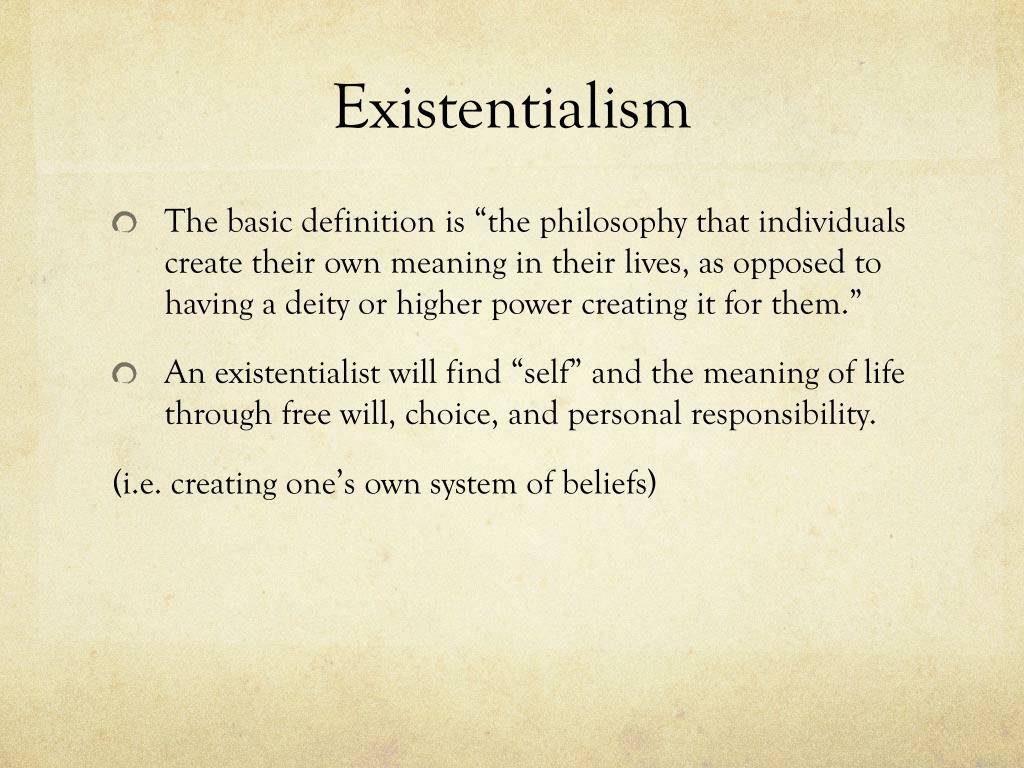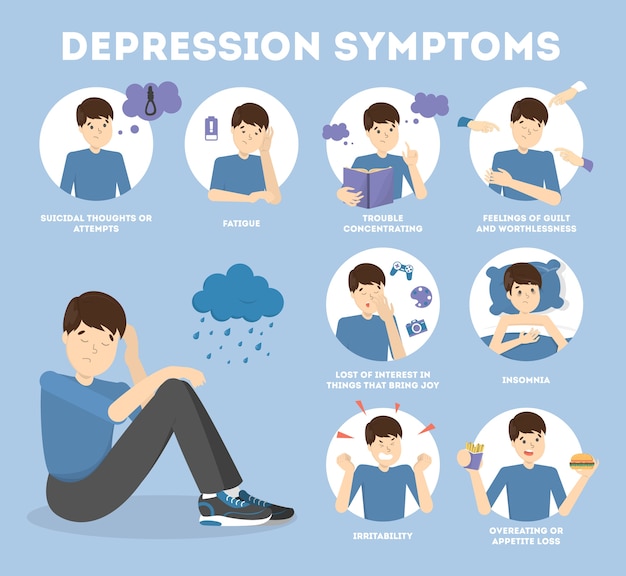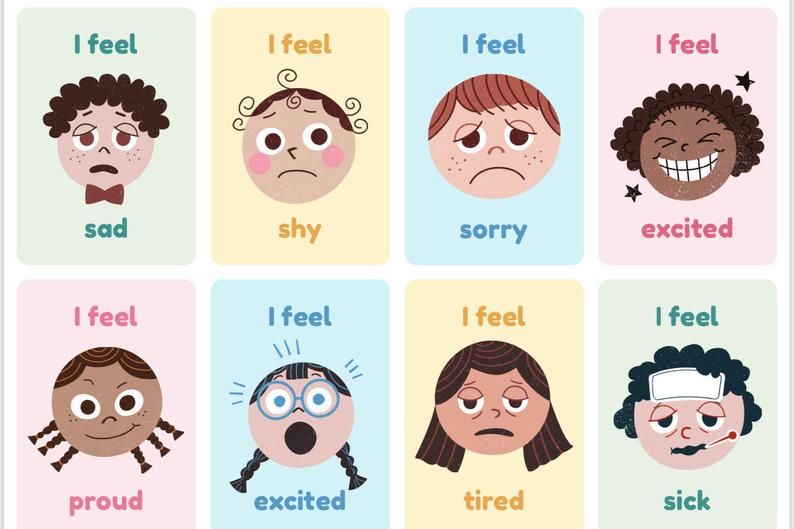Not able to think clearly
Multiple sclerosis and other causes
Brain fog can be a symptom of several medical conditions. It affects a variety of mental processes, including memory and concentration.
Brain fog can occur with migraine, multiple sclerosis, during pregnancy, and due to things such as stress, lack of sleep, or diet.
Brain fog can be frustrating and confusing. However, people can use several methods to help themselves cope.
This article reviews what brain fog is, what causes it, and tips on managing it.
Brain fog can be described as a feeling of confusion and disorientation.
It is not considered a medical condition by itself, and as such, it has no diagnostic criteria. Instead, it describes symptoms associated with cognitive impairment that can have many causes.
Brain fog can make a person feel as though the processes of thinking, understanding, and remembering are not working as they should.
Brain fog can affect:
- memory, including the ability to store and recall information
- the use and understanding of language
- the ability to process and understand information
- visual and spatial skills for drawing, recognizing shapes, and navigating spaces
- the ability to calculate and work things out
- executive functioning abilities for organizing, solving problems, and planning
If one or more of these functions does not work effectively, it can be difficult to understand, focus, and remember things. It can lead to stress and mental fatigue.
Brain fog can present differently between people. Some common symptoms can include the following:
- lack of mental clarity
- memory issues
- inability to focus
Many conditions that can cause brain fog are inflammatory conditions.
There are different types of inflammation. Chronic inflammation is caused by an out-of-balance immune system and can affect any part of the body in different ways.
This inflammation can affect the heart and its vessels, the gut and its biome, the liver, as well as the brain’s neurons and cognition. Low-grade inflammation can also occur in a specific organ or tissue, including brain tissue.
A person can also experience acute inflammation, which can result from a traumatic head injury, for example.
Below are examples of conditions that may cause brain fog, usually due to a type of inflammation.
Concussion
A concussion can happen after trauma or a head injury such as a fall.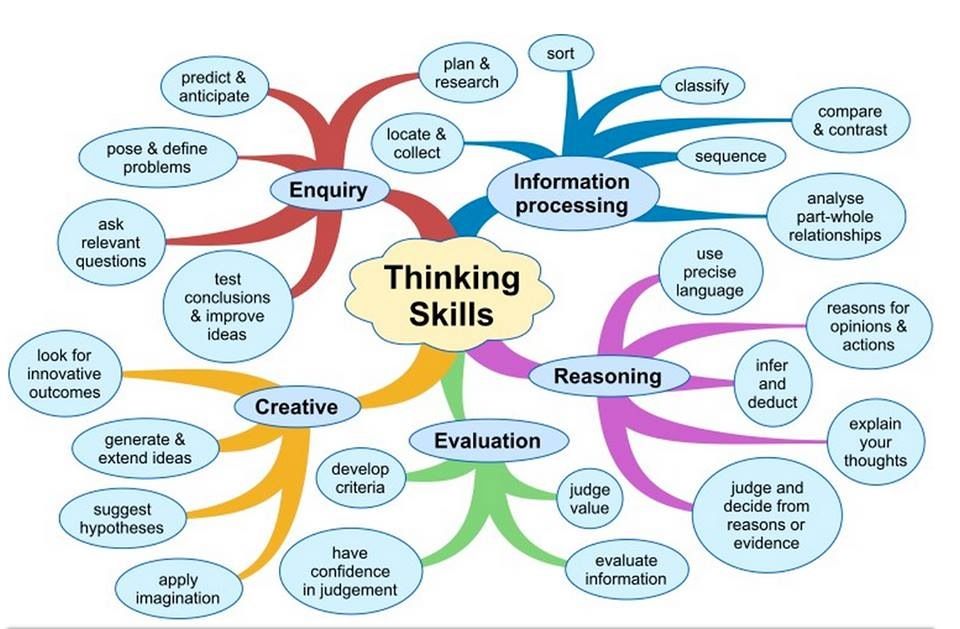 It can cause acute inflammation in the brain, leading to cognitive brain fog-like symptoms such as memory problems, confusion, or forgetfulness.
It can cause acute inflammation in the brain, leading to cognitive brain fog-like symptoms such as memory problems, confusion, or forgetfulness.
Other signs include headache and mood changes. A person may also lose consciousness.
Migraine
Migraine is a condition that can cause recurring headaches, which can sometimes be debilitating. Migraine episodes can also involve other symptoms, such as sensitivity to light and sound, mood changes, and brain fog.
While more research is needed to understand why this happens, many people report experiencing difficulties with cognition before or during a migraine attack.
One theory is that migraine causes cortical depression, which is a change in brain activity that can lead to brain fog. Migraine is also associated with the inflammation of vessels and tissues in the brain.
Multiple sclerosis
Inflammation can cause brain fog. In cases of MS, the inflammation causes gradual damage to the myelin in the brain.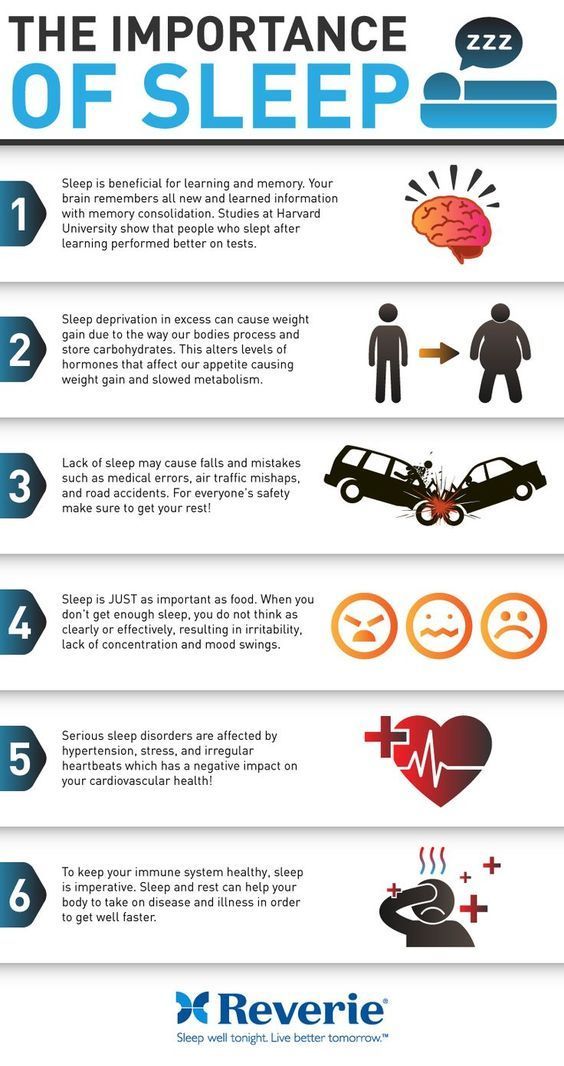
As a result, people living with MS may experience changes in their ability to make decisions and process and remember information.
These changes are usually mild to moderate and do not affect a person’s ability to live independently. However, they can lead to frustration and difficulty completing daily tasks, such as finding house keys or shopping for groceries.
Learn more about how MS affects the brain.
Fibromyalgia and chronic fatigue syndrome
Fibromyalgia and chronic fatigue syndrome are also inflammatory conditions.
Fibromyalgia causes pain throughout the body and can affect a person’s concentration and memory. This is known as fibro fog. Scientists do not know exactly how fibromyalgia leads to these types of symptoms.
CFS, also known as myalgic encephalomyelitis, can result in severe tiredness and problems with thinking. As with fibromyalgia, there is no clear explanation of what CFS does to the brain to cause brain fog symptoms.
Infections
Brain fog can be a symptom of an inflammatory infection that attacks the brain. For example, bacterial diseases such as Lyme disease can cause brain fog.
For example, bacterial diseases such as Lyme disease can cause brain fog.
A person can also experience brain fog from a fungal infection after inhaling a substance such as mold. Viral infections can also lead to brain fog. Examples of such viruses include West Nile virus and COVID-19.
Many people experience problems with their cognition after having COVID-19, even long after the initial infection has passed. This can be one of the symptoms of long COVID.
The virus is thought to activate certain immune cells in the brain, which cause inflammation, making it difficult for the brain to perform day-to-day cognitive tasks.
Learn more about long COVID brain fog.
Mood disorders
Mood disorders such as depression, anxiety, or bipolar disorder can impact how someone thinks and feels.
Research shows that depression can negatively affect a person’s ability to remember and think clearly. This may be related to inflammation in the nervous system that affects the brain.
Researchers have made similar conclusions about anxiety. In addition, researchers have found that both depression and bipolar disorders can lead to certain abnormalities in the brain.
Problems with memory, focus, and decision-making can contribute to the feeling of brain fog. There may also be problems with sleeping and a lack of energy, which can make concentrating and completing tasks harder.
Learn more about brain fog and depression.
Neurodiversity
Neurodivergent people, including autistic people, can experience brain fog. The cause may be the development of inflammatory molecules in the brain.
In many cases, autism spectrum disorder (ASD) can co-occur with anxiety, which can worsen brain fog.
In addition, brain fog and other cognitive symptoms can occur with attention deficit hyperactivity disorder (ADHD), particularly in adults.
Nutrient deficiency
Nutrients can have an effect on a person’s ability to focus, think clearly, and recall information.
Eating an unhealthful diet or not eating enough can cause problems with healthy brain function. Deficiencies can also often occur due to underlying inflammatory health conditions such as Celiac disease.
Specific nutrients that can play a role in cognition and memory include vitamin B-12, iron, and Omega-3 fatty acids. A lack of some nutrients, such as magnesium, can also contribute to the development of mood disorders that can also lead to brain fog.
Learn more about how certain nutrients can cause brain fog.
Alzheimer’s disease
Alzheimer’s and other types of dementia can involve symptoms of brain fog.
Alzheimer’s happens when protein plaques build up in a person’s brain. This buildup affects brain functioning, with various cognitive and other symptoms. There is research indicating brain inflammation plays a role in this process.
Learn more about Alzheimer’s disease.
Obesity
People with obesity may also experience brain fog. This is likely because obesity can cause inflammation affecting multiple body systems, including the brain.
In a 2020 review, researchers noted that evidence supports the idea that obesity leads to cognitive impairment and potential changes in brain structure.
Autoimmune conditions
Autoimmune conditions are inflammatory diseases. Brain fog can be a symptom of an autoimmune condition.
For example, lupus is an autoimmune disease that occurs when the immune system attacks healthy tissue. It can cause symptoms throughout the body.
About 70–80% of people with lupus experience brain fog at some point in their lifetime.
Another condition that can cause brain fog is rheumatoid arthritis. Similarly, inflammatory bowel disease (IBD) is another condition in which gastrointestinal inflammation can also affect brain function.
There are additional conditions that may cause brain fog. They include:
Hormonal changes
Changes to a person’s hormone levels can affect their brain functioning, especially during pregnancy or menopause. People going through menopause often cite brain fog as an issue affecting them.
Hypothyroidism and Hashimoto’s thyroiditis can lead to hormone imbalances. Memory and thinking problems that are similar to brain fog are common in thyroid disorders.
Learn more about hypothyroidism.
Postural tachycardia syndrome
Some people experience unusual changes in heart rate and blood pressure when standing up. This is a condition doctors call postural tachycardia syndrome (POTS).
A 2020 study noted that alertness and impaired short-term memory may underlie reports of brain fog in people with POTS.
Sleep apnea
During sleep, the muscles in the back of the throat relax. Sometimes, this can lead to people having trouble breathing at night.
If a person has pauses in breathing at night that interfere with their sleep quality, they may have sleep apnea.
Treating sleep apnea may improve the brain fog that can result.
Medication
Some medications may affect an individual’s mental functioning.
These include:
- chemotherapy drugs
- sleeping pills
- drugs for anxiety
- some pain relief medications
- statins
- corticosteroids
People may wish to speak with a doctor about any adverse side effects they are experiencing from the medication they are taking.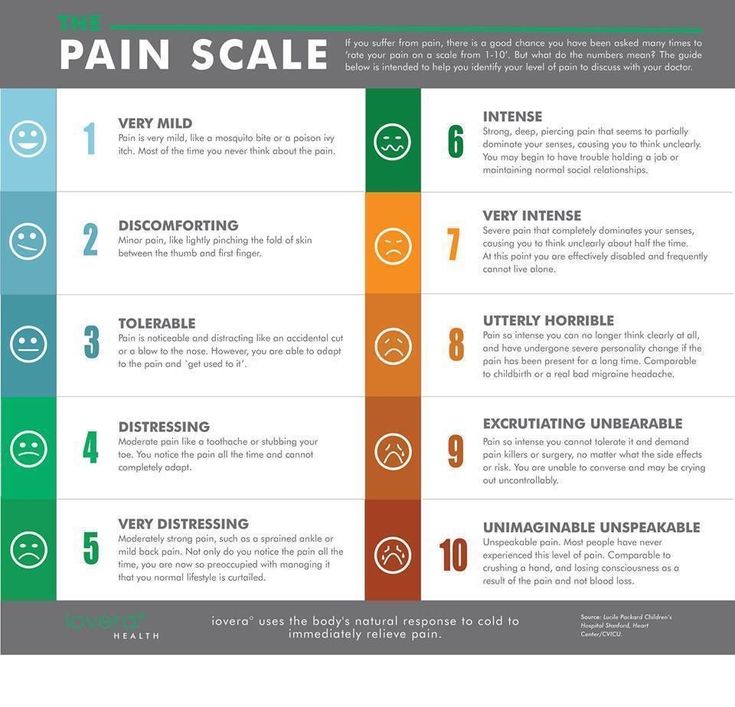 If the medication cannot be changed, a doctor can help the individual develop coping strategies for brain fog.
If the medication cannot be changed, a doctor can help the individual develop coping strategies for brain fog.
A person should consider talking with a doctor about treating the underlying cause of their brain fog. It should clear or improve when the underlying condition is treated or managed, such as by switching medications.
The following are some ways a person can treat the symptom of brain fog. However, they will not generally treat the underlying condition.
Diet
Dietary changes may increase a person’s energy levels and improve mental focus.
A diet that focuses heavily on processed foods that are high in unhealthful fats and sugars may contribute to brain fog. Replacing these foods with fresh fruits, vegetables, and other fresh, plant-based foods can help promote clearer thinking.
Foods that contain the various A, B, C, and D vitamins and omega-3 oils may also benefit brain function.
In addition, people living with many of the conditions that can cause brain fog may benefit from probiotic supplements. Research shows this can help improve brain function. A person may find a similar benefit from eating foods that naturally contain probiotics, such as yogurt or kimchi.
Research shows this can help improve brain function. A person may find a similar benefit from eating foods that naturally contain probiotics, such as yogurt or kimchi.
People should also drink enough fluid to prevent dehydration but limit the intake of caffeine and alcohol, as these can affect sleep and energy levels.
Exercise
A 2018 review concluded that physical exercise can physically and psychologically benefit the brain. The authors recommend it for improving both thinking ability and mood.
Current guidelines advise adults to engage in either 150 minutes a week of moderate-intensity aerobic exercise or 75 minutes a week of high intensity activity, as well as exercises to improve strength and flexibility.
Sleep hygiene
Sleep hygiene refers to how a person sets up their sleep environment and improves their sleep quality. Research shows that sleeping well can help reduce body inflammation.
Some tips to help improve sleep quality include:
- set a regular bedtime
- leave mobile devices in another room
- keep the room cool, dark, and free from sound, or other distractions
- use the bed only for sleeping and sex
- avoid caffeine before bed
- do not eat a large meal before bedtime
Learn more tips for better sleep.
Stress management
When a person is exposed to something that triggers a stress response, the immune system becomes inflamed, which can contribute to brain fog symptoms. Therefore, controlling stress can help a person maintain a clearer mind.
Stress management can vary between people. For some, exercises such as yoga or running can help improve their mood and stress levels.
Others may benefit from mindfulness meditation, deep breathing techniques, or similar methods to help reduce their stress.
Most people will benefit from avoiding stressful situations, such as public speaking or a demanding job.
Learn about ways to reduce stress.
Supplements to help stop brain fog
Some evidence suggests that vitamin and mineral deficiencies may contribute to brain fog, particularly when an underlying condition is present, such as Celiac disease. Supplements may help to eliminate brain fog associated with vitamin deficiencies.
Supplements that may help with brain fog include:
- Vitamin D: Vitamin D deficiency may contribute to brain fog.
 Vitamin D supplements may help. In a 2019 study, researchers found that supplementing with vitamin D helped improve mental cognition in older women who took 3 doses of vitamin D daily for a year.
Vitamin D supplements may help. In a 2019 study, researchers found that supplementing with vitamin D helped improve mental cognition in older women who took 3 doses of vitamin D daily for a year. - Omega-3 fatty acid: Some older evidence suggests that taking omega-3 fatty acid supplements may help improve mental cognition.
- Vitamin C: A 2019 study found that healthy adults with high levels of vitamin C in their blood performed better on cognitive tasks, such as focus, attention, memory access, and reaction time.
- L-theanine: A 2021 study found that taking a 100.6 milligram (ml) dose of L-theanine helped to improve working memory and reaction times on cognitive tests.
- B complex: A 2020 study of over 200 adults with cognitive impairment and B12 deficiencies found that most people performed better with cognition and attention when taking supplements.
- Magnesium: Some evidence suggests that low magnesium levels can increase the risk of cognitive impairment
There are many possible causes of brain fog, and treatment will depend on the cause.
A doctor may work with a person to develop a care plan that includes medication, physical therapy, and self-care through diet and exercise.
Sometimes, a doctor may prescribe specific medications to help with aspects of thinking, such as:
- depression
- fatigue
- mood changes
Donepezil (Aricept), a treatment for people with Alzheimer’s disease, may also help those with brain fog from MS.
The following lifestyle tips may help with improving symptoms of brain fog:
- prepare meals ahead of time to avoid eating fast food or other processed foods when running errands, at work, or at other times during travel
- develop a routine that includes a regular time for exercise
- try to go to sleep around the same time every night
- engage in regular physical activity
- avoid or limit alcohol and other substances
- eat foods that contain probiotics
Tips for managing daily tasks
Several strategies may help when it becomes difficult to think clearly.
- Use a calendar: Write down your daily, weekly, and monthly tasks in a calendar or organizer.
- Avoid distractions: When possible, find a quiet space to concentrate on tasks and take regular breaks to help focus.
- Do one task at a time: Focus on one task and complete it before beginning another one. Multitasking can worsen confusion and brain fog, and it can also increase stress.
- Get support: Explain how you feel to family and friends and ask them to speak more slowly. This will allow extra time to process information.
- Learn organization techniques: It may help to keep a diary or make lists. Smartphone reminders may help remind you to complete tasks, such as taking your medication or going to doctor’s appointments.
- Store items in the same place each time: Find somewhere memorable in the home to keep items that are easy to lose, such as keys.
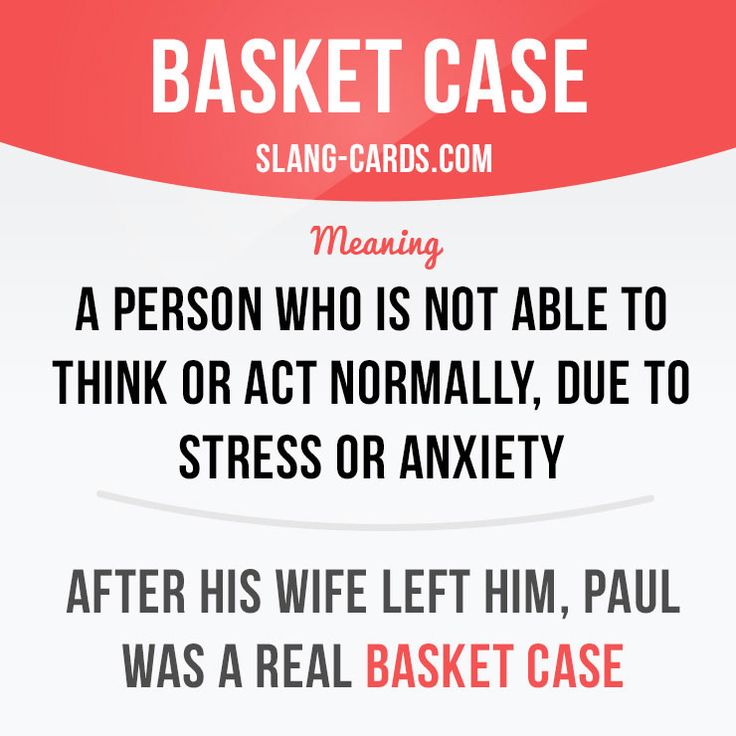
Strategies to help with memory and concentration can make the situation more manageable in cases where brain fog is part of a long-term condition.
A person should see a doctor if they:
- have other symptoms that may indicate an underlying medical condition
- notice that brain fog has started or worsened suddenly or significantly
- see no improvement despite making lifestyle changes
A doctor will usually ask for information about their mental health, diet, and other symptoms before carrying out tests.
The following sections provide answers to some frequently asked questions about brain fog.
Does brain fog go away?
Brain fog can last for months. However, it often improves when a person gets effective treatment the underlying cause. A person can also take steps to help improve the symptom with lifestyle changes and other treatments.
Is brain fog a mental illness?
Brain fog is not a mental health condition. However, mental health conditions such as depression can cause brain fog to occur.
However, mental health conditions such as depression can cause brain fog to occur.
Does coffee help with brain fog?
Coffee may provide a temporary boost and may also help with the long-term prevention of cognitive decline. According to a 2016 study, daily consumption of caffeine or coffee can help lower a person’s risk of developing Parkinson’s disease, Alzheimer’s disease, or a stroke.
Brain fog can happen for various reasons, including a medical condition, stress, poor diet, a lack of sleep, or the use of some medications. If symptoms result from a medical condition, they may improve with treatment.
Tips for reducing the impact of problems with memory and concentration include making lists, sticking to routines, reducing stress, improving sleep, and regular exercise, among others.
Read this article in Spanish.
Brain Fog: 6 Potential Causes
Brain Fog: 6 Potential CausesMedically reviewed by Debra Rose Wilson, Ph.D., MSN, R.N., IBCLC, AHN-BC, CHT — By Valencia Higuera — Updated on April 29, 2022
Brain fog is a symptom that can be caused by stress, sleep changes, medications, and other factors. It can cause confusion, memory issues, and a lack of focus.
It can cause confusion, memory issues, and a lack of focus.
Brain fog itself is not a medical condition but instead a symptom of other medical conditions. It’s a type of cognitive dysfunction involving:
- memory problems
- a lack of mental clarity
- poor concentration
- an inability to focus
Some people also describe it as mental fatigue. Depending on the severity of brain fog, it can interfere with work or school. But it does not have to be a permanent fixture in your life.
There are several explanations for why brain fog happens. Once you identify the underlying cause, you can begin fixing the problem. Here are six possible causes.
1. Stress
Chronic stress can increase blood pressure, weaken the immune system, and trigger depression, according to 2017 research. It can also cause mental fatigue.
When your brain is exhausted, it becomes harder to think, reason, and focus.
2. Lack of sleep
Poor sleep quality can interfere with how well your brain functions, according to 2021 research.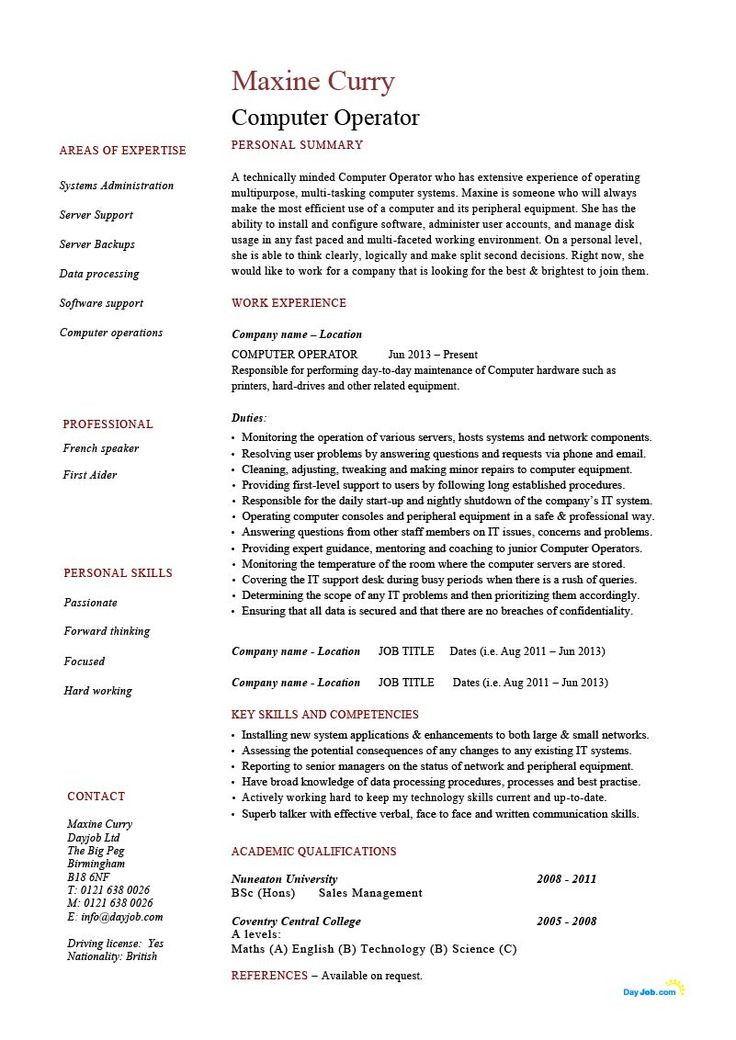 Aim for 8 to 9 hours of sleep per night.
Aim for 8 to 9 hours of sleep per night.
Sleeping too little can lead to poor concentration and cloudy thoughts.
3. Hormonal changes
Hormonal changes can also trigger brain fog, according to 2018 research. Levels of the hormones progesterone and estrogen increase during pregnancy. This change can affect memory and cause short-term cognitive impairment.
Similarly, a drop in estrogen levels during menopause can cause forgetfulness, poor concentration, and cloudy thinking, according to 2019 research.
4. Diet
Diet can also play a role in brain fog. Vitamin B12 supports healthy brain function, and a vitamin B12 deficiency can bring about brain fog, according to a 2021 research review.
If you have food allergies or sensitivities, brain fog may develop after eating certain foods. These include:
- aspartame
- peanuts
- dairy
Removing trigger foods from your diet may improve symptoms.
5. Medications
If you notice brain fog while taking medication, talk with your doctor. Brain fog may be a known side effect of these medications, according to 2021 research. Lowering your dosage or switching to another drug may improve your symptoms.
Brain fog may be a known side effect of these medications, according to 2021 research. Lowering your dosage or switching to another drug may improve your symptoms.
Brain fog can also occur after cancer treatments. This is referred to as chemo brain.
6. Medical conditions
Medical conditions associated with inflammation, fatigue, or changes in blood glucose level can also cause mental fatigue. For example, brain fog is a symptom of chronic fatigue syndrome, which involves persistent fatigue for a prolonged period of time, according to 2020 research.
People who have fibromyalgia may experience similar fogginess on a daily basis, according to a 2015 research review.
Other conditions that may cause brain fog include:
- anemia
- depression
- diabetes
- Sjögren syndrome
- migraine
- Alzheimer’s disease
- hypothyroidism
- autoimmune diseases, like lupus, arthritis, and multiple sclerosis
- dehydration
- viral infections, like COVID-19
Talk with a doctor if you have a persistent lack of clarity that worsens or does not improve.
A single test cannot be used by a doctor diagnose brain fog. Brain fog may signal an underlying issue, so a doctor will conduct a physical examination and ask about your:
- mental health
- diet
- level of physical activity
- current medications or supplements
You should let your doctor know about other symptoms you might have. For example, someone with hypothyroidism may have brain fog along with hair loss, dry skin, weight gain, or brittle nails.
Blood work can help your doctor identify the cause of brain fog. A blood test can detect the following:
- irregular glucose levels
- poor liver, kidney, and thyroid function
- nutritional deficiencies
- infections
- inflammatory diseases
Based on the results, your doctor will determine whether to investigate further. Other diagnostic tools may include imaging tests to look inside the body, like X-rays, magnetic resonance imaging (MRI), or computerized tomography (CT) scans.
The doctor may also conduct allergy testing or a sleep study to check for a sleep disorder.
Keeping a food journal can help you determine if your diet contributes to brain fog.
Brain fog treatment depends on the cause. For example, if you’re anemic, iron supplements may increase your production of red blood cells and reduce your brain fog.
If you’re diagnosed with an autoimmune disease, a doctor may recommend a corticosteroid or other medication to reduce inflammation or suppress the immune system.
Sometimes, relieving brain fog is a matter of correcting a nutritional deficiency, switching medications, or improving the quality of your sleep.
Home remedies to improve brain fog include:
- sleeping 8 to 9 hours per night
- managing stress by knowing your limitations and avoiding excessive alcohol and caffeine
- exercising
- strengthening your thinking abilities (try volunteering or solving brain puzzles)
- finding enjoyable activities
- increasing your intake of protein, fruits, vegetables, and healthy fats
Brain fog can be frustrating, but relief is possible.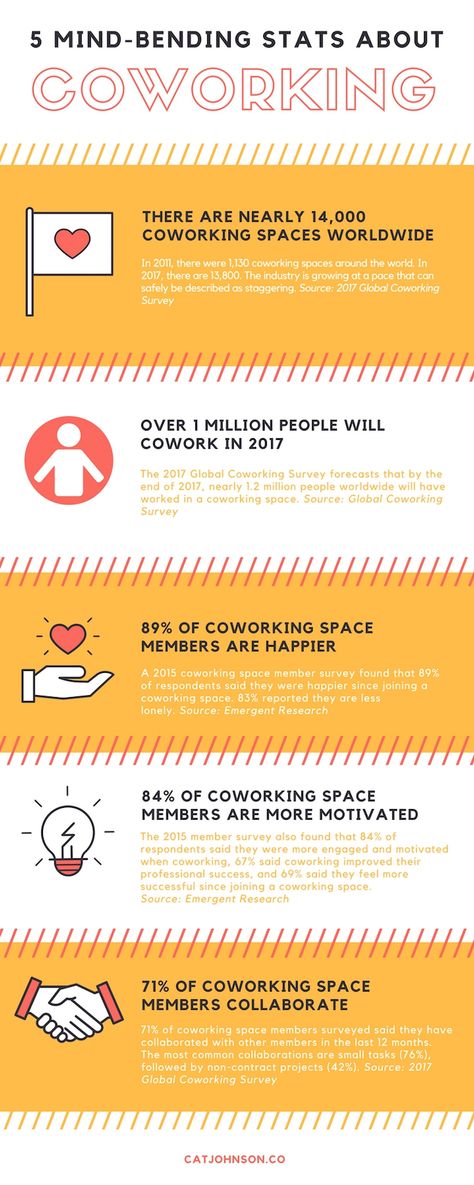 You should not ignore your symptoms because if left untreated, brain fog can impact the quality of your life. Once the underlying cause is addressed, your mental clarity can improve.
You should not ignore your symptoms because if left untreated, brain fog can impact the quality of your life. Once the underlying cause is addressed, your mental clarity can improve.
Last medically reviewed on April 29, 2022
How we reviewed this article:
Healthline has strict sourcing guidelines and relies on peer-reviewed studies, academic research institutions, and medical associations. We avoid using tertiary references. You can learn more about how we ensure our content is accurate and current by reading our editorial policy.
- Ali SA, et al. (2018). Hormonal influences on cognitive function.
ncbi.nlm.nih.gov/pmc/articles/PMC6422548/ - Brain fog. (n.d.).
sjogrens.org/files/brochures/brain_fog.pdf - Cognitive changes. (n.d.).
nationalmssociety.org/Symptoms-Diagnosis/MS-Symptoms/Cognitive-Changes - Cognitive dysfunction (brain fog). (n.d.).
mpkb.org/home/symptoms/neurological/cognitive - Eide S, et al.
 (2020). Doxorubicin chemotherapy-induced "chemo-brain": Meta-analysis.
(2020). Doxorubicin chemotherapy-induced "chemo-brain": Meta-analysis.
pubmed.ncbi.nlm.nih.gov/32505665/ - Fibro fog. (n.d.).
arthritis.org/about-arthritis/types/fibromyalgia/articles/fibro-fog.php - Gava G, et al. (2019). Cognition, mood and sleep in menopausal transition: The role of menopause hormone therapy.
ncbi.nlm.nih.gov/pmc/articles/PMC6843314/ - Hanson JA, et al. (2021). Sleep deprivation.
ncbi.nlm.nih.gov/books/NBK547676/ - Kravitz HM, et al. (2015). Fibrofog and fibromyalgia: A narrative review and implications for clinical practice.
pubmed.ncbi.nlm.nih.gov/25583051/ - Mackay M. (2015). Lupus brain fog: A biologic perspective on cognitive impairment,
depression, and fatigue in systemic lupus erythematosus. DOI:
dx.doi.org/10.1007/s12026-015-8716-3 - Markun S, et al. (2021). Effects of vitamin B12 supplementation on cognitive function, depressive symptoms, and fatigue: A systematic review, meta-analysis, and meta-regression.
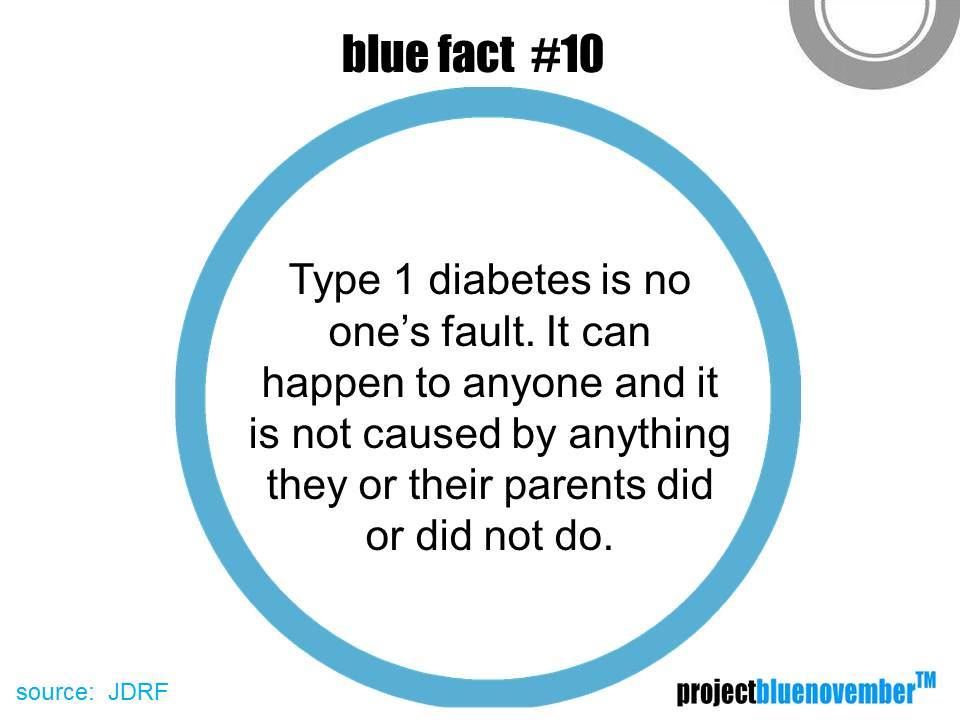
pubmed.ncbi.nlm.nih.gov/33809274/ - Sandler CX, et al. (2020). Chronic fatigue syndrome: progress and possibilities.
pubmed.ncbi.nlm.nih.gov/32248536/ - Yaribeygi H, et al. (2016). The impact of stress on body function: A review.
ncbi.nlm.nih.gov/pmc/articles/PMC5579396/ - Zhou L, et al. (2019). Food allergy induces alteration in brain inflammatory status and cognitive impairments.
pubmed.ncbi.nlm.nih.gov/29339006/
Our experts continually monitor the health and wellness space, and we update our articles when new information becomes available.
Current Version
Apr 29, 2022
Written By
Valencia Higuera
Edited By
Shannon Ullman
Medically Reviewed By
Debra Rose Wilson, PhD, MSN, RN, IBCLC, AHN-BC, CHT
Copy Edited By
Ahmed Fara
May 23, 2018
Written By
Valencia Higuera
Edited By
Christina Nagatani
VIEW ALL HISTORY
Share this article
Medically reviewed by Debra Rose Wilson, Ph. D., MSN, R.N., IBCLC, AHN-BC, CHT — By Valencia Higuera — Updated on April 29, 2022
D., MSN, R.N., IBCLC, AHN-BC, CHT — By Valencia Higuera — Updated on April 29, 2022
Read this next
6 Best Evidence-Based Supplements for Brain Fog
By Jillian Kubala, MS, RD
If you're experiencing brain fog as a result of anxiety, depression, chronic disease, or something else, you may wonder whether supplements can help…
READ MORE
Your Brain Fog May Be an Anxiety Symptom — Here’s How to Deal with It
Medically reviewed by Timothy J. Legg, PhD, PsyD
Brain fog is one of the lesser known symptoms of anxiety, but that doesn't mean it can't have a big impact on your day-to-day life.
READ MORE
What to Know About COVID-19 and Brain Fog
Medically reviewed by Cameron White, M.D., MPH
Some people who’ve had COVID-19 report having lingering brain fog.
 In some cases, brain fog can last many months after the disease has passed.
In some cases, brain fog can last many months after the disease has passed.READ MORE
What to Know About ADHD and Brain Fog
Medically reviewed by Kendra Kubala, PsyD
Brain fog is a common symptom of ADHD, read on to learn the current research and treatment options.
READ MORE
Can Diabetes Cause Brain Fog?
Medically reviewed by Marina Basina, M.D.
Brain fog is a symptom of fluctuating blood sugar levels when you have diabetes. Both high and low blood sugar can cause cognitive issues.
READ MORE
Therapy for Every Budget: How to Access It
Medically reviewed by Karin Gepp, PsyD
Finding a therapist is a huge step in caring for your mental health. To help get you started, here’s a list of affordable mental health care options.

READ MORE
A 2023 Review of BetterHelp for Online Therapy
BetterHelp is an online therapy service that allows you to text-chat with a licensed therapist. Learn how it works, what to consider, and whether it’s…
READ MORE
Harmful Content on Eating Disorders, Suicide Can Pop Up in Minutes on New TikTok Account, Study Finds
TikTok recommends potentially harmful content related to self-harm and eating disorders to some young teenagers within minutes of them creating an…
READ MORE
OCD and Kids: Video Games, Screen Time Linked to Compulsive Behavior
New research suggests there may be a link between the number of hours a child spends playing video games and their risk of developing…
READ MORE
Holiday Stress: Why Now May be the Best Time to Treat Yourself
New research finds that self-gifting (or treating yourself) can help reduce stress and increase your happiness.

READ MORE
How to learn to think clearly
How many times at the moment of making decisions have you not thought, but succumbed to instincts, emotions and other people's opinions? How many times have you mistakenly believed that everything was foreseen? How many times have you mourned losses instead of seizing on new opportunities? Probably a lot, and the reason for everything is mental traps that prevent you from acting consciously. We publish excerpts from the book "The Art of Thinking Clearly" on issues of excessive control and the desire to possess.
Rolf Dobelli
Mann, Ivanov & Ferber, 2020
Illusion of control
Every morning, shortly before nine o'clock, a man in a red cap appears on the square. He stands in a certain place and starts waving it. After five minutes, he disappears. One day a policeman approached him: “Actually, what are you doing here?” - Chasing the giraffes. “There are no giraffes here.” "Well, that's because I'm good at my job."
“There are no giraffes here.” "Well, that's because I'm good at my job."
A friend of mine broke his leg and, being bedridden, asked me to buy him a lottery ticket at a kiosk. I bought, crossed out six numbers, wrote his name and paid. And when he brought him a copy, he grumbled with displeasure: “Why did you fill it out ? I wanted to fill it myself with . With your numbers crossed out by your hand, I certainly won't win!" — “Do you really think that you will influence the result if you draw crosses yourself?” I objected. He looked at me with complete bewilderment.
How do dice roll in a casino? Most players roll the dice as hard as possible when they want to hit a big number, and as low as possible when they want to hit a small amount. Which, of course, is nonsense. The same is true of football fans who, sitting on the stands, move their arms and legs, as if this will allow them to join the game. Many people who are eager to improve the world are in the same illusion by sending their own good thoughts (energy, karma, impulse of the soul) into the surrounding space. nine0009
nine0009
Illusion of control . (illusion of control) is the tendency to believe that we are able to control or influence something that is objectively beyond our control. It was first discovered and described in 1965 by two researchers, Herbert Jenkins and William Ward. Their experiment is very simple. There is one light source - it turns on and off - and two buttons. Jenkins and Ward themselves established a correlation between pressing the buttons and the moment when the light flashes. But the subjects did not know about this, and even in those cases when the lamp lit up and went out accidentally, they were sure that by pressing the buttons, they affect the lighting. nine0009
An American scientist investigated the susceptibility to pain from the power of sound. The subjects were in a closed chamber where sound was applied. It intensified continuously until the subject gave a hand signal. The experimenter had two chambers, A and B, with one difference: in chamber B, there was a red "panic button" on the wall.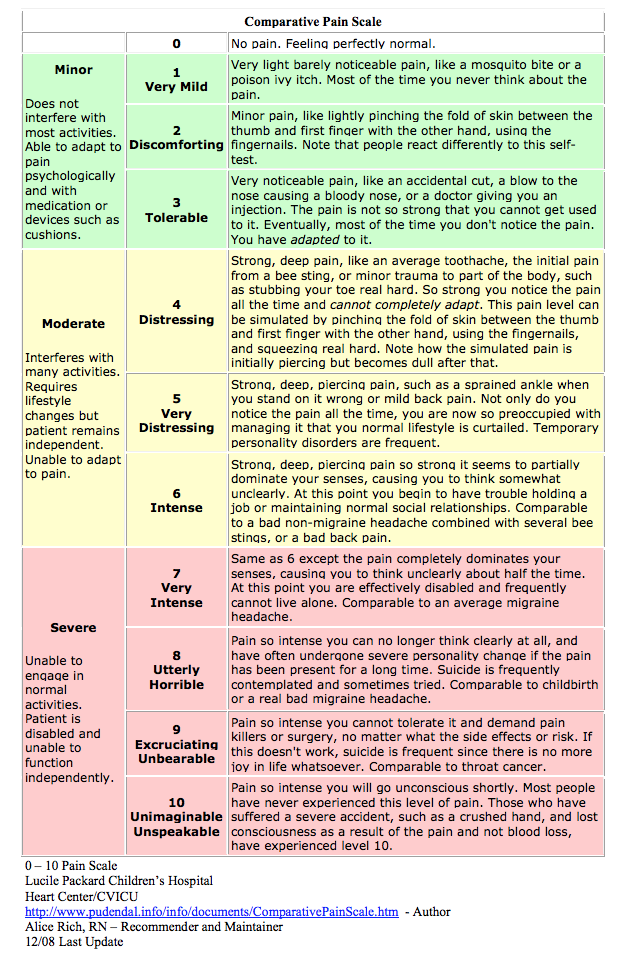 What result? The person placed in chamber B could tolerate a much stronger sound. At the same time, the "panic button" did not work at all. The illusion of control over the situation helped people endure and raise the pain threshold. If you have read Alexander Solzhenitsyn, Viktor Frankl, or Primo Levi, this result will not surprise you too much. The illusion of control (however weak) over their destiny helped these former prisoners to live each new day with renewed vigor. nine0009
What result? The person placed in chamber B could tolerate a much stronger sound. At the same time, the "panic button" did not work at all. The illusion of control over the situation helped people endure and raise the pain threshold. If you have read Alexander Solzhenitsyn, Viktor Frankl, or Primo Levi, this result will not surprise you too much. The illusion of control (however weak) over their destiny helped these former prisoners to live each new day with renewed vigor. nine0009
Pedestrians walking through Manhattan and wanting to cross the street at an intersection press the traffic light button, usually unaware that it is not working. Why is she needed at all? To make pedestrians believe that they influence traffic flow management. So they better endure the waiting time at the traffic light, which has been convincingly proven. The same with call buttons in large buildings with many elevators: they have nothing to do with system control. Or adjusting the air temperature in large office spaces. nine0009
nine0009
Too hot for one person and too cold for another. Cunning technicians decided to use the illusion of control and installed fake buttons "to regulate the temperature" on each floor
The number of complaints and complaints immediately decreased significantly. And scientists call all these tricks “placebo buttons”.
Federal Reserve bankers and economic ministers play a whole keyboard of various buttons and placebo keys. All of them simply do not work, this can be seen for two decades in the example of Japan and the last few years in the example of the United States. But we allow everyone who runs the economy to live with this sweet illusion - and they allow us to live like that. Indeed, for those who play games with control and power, it is unbearable to admit that the world economy is a fundamentally uncontrollable system. nine0009
What about you? Are you in control of your life? Probably less than you think. You should not believe that you are a new incarnation of Marcus Aurelius, ❓Marcus Aurelius (121-180) - Roman emperor of the 2nd century.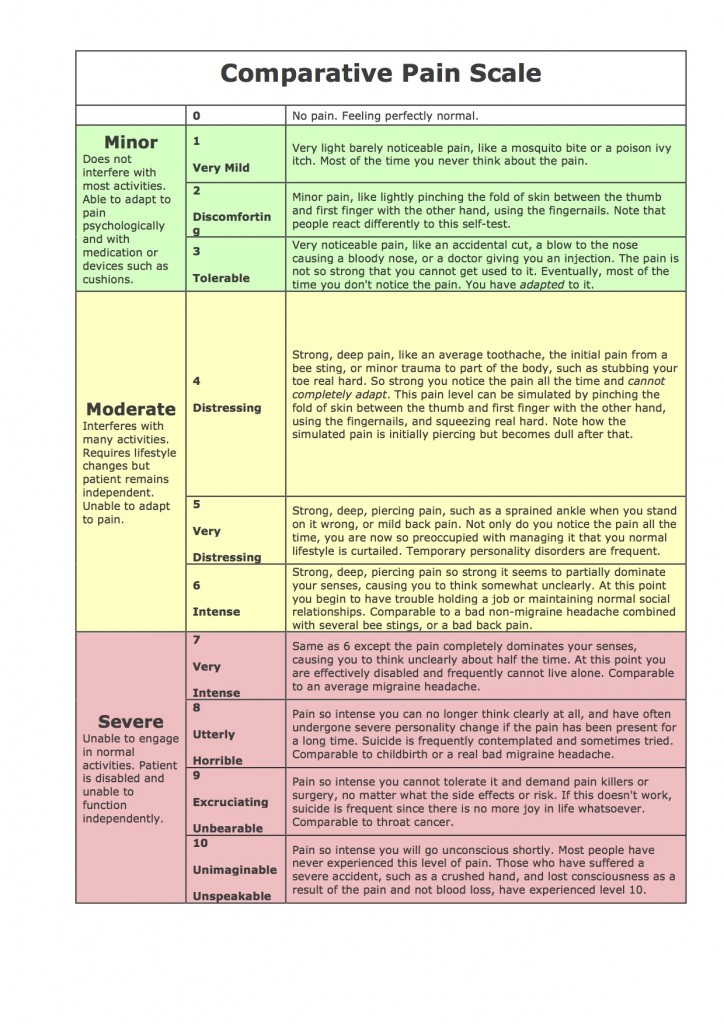 n. e., who thought a lot about his personal responsibility for the fate of a huge community of people. stoically regulating everything around. Perhaps you are more like the hero of the joke about the man with the red cap. Therefore, it is better to focus on what is really in your power, what you can really influence, and from this - on the most important. Let everything else go as it goes. nine0009
n. e., who thought a lot about his personal responsibility for the fate of a huge community of people. stoically regulating everything around. Perhaps you are more like the hero of the joke about the man with the red cap. Therefore, it is better to focus on what is really in your power, what you can really influence, and from this - on the most important. Let everything else go as it goes. nine0009
The effect of possession
A BMW shone on the used car market. Yes, he had already rolled a certain number of kilometers, but he was in perfect condition. But the price - 50 thousand euros - was too high, in my opinion. I know a thing or two about used cars, so I think it should have cost a maximum of 40,000. But the seller did not want to lower the price. And when he called me a week later and said that he agreed and I could get a car for 40 thousand, we shook hands. The next day, I stopped at a gas station in my BMW. The owner spoke to me and offered 53,000 euros in cash for my car.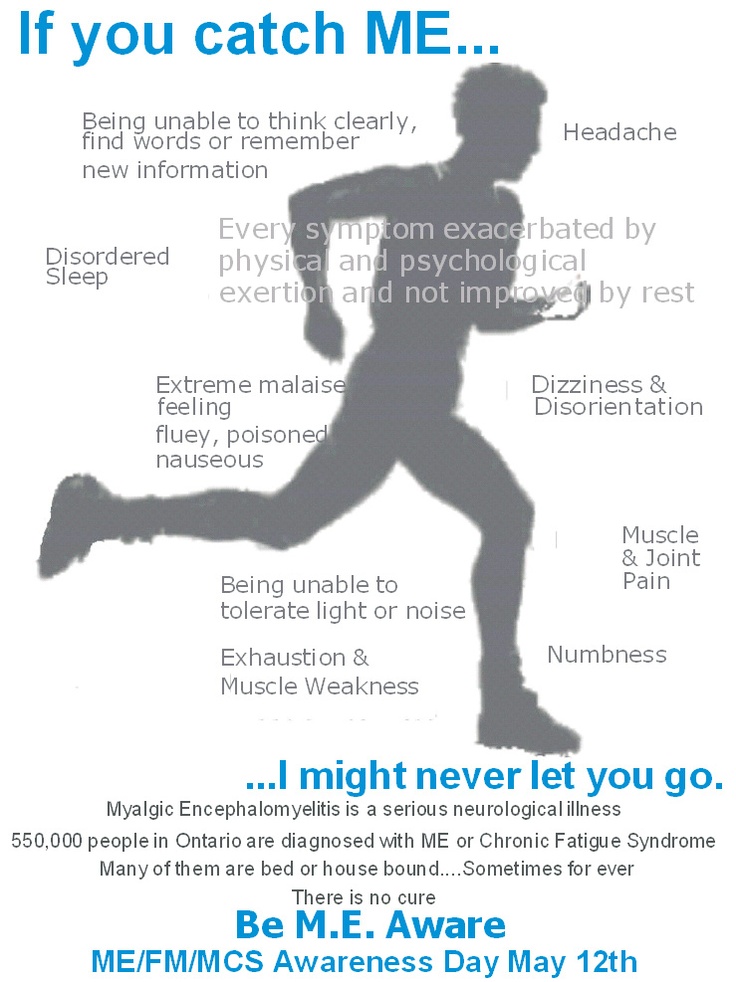 I thanked and declined. And only on the way home did it dawn on me how stupid, irrational I had acted. A thing that, in my opinion, yesterday cost a maximum of 40 thousand, now - after it became mine - has acquired a value of more than 53 thousand euros? If it wasn't "mine", then I would immediately sell it! Typical mental error: possession effect (endowment effect). Ours is perceived as more valuable than someone else's. In other words: when we sell something, we demand more money than we ourselves are ready to give when buying.
I thanked and declined. And only on the way home did it dawn on me how stupid, irrational I had acted. A thing that, in my opinion, yesterday cost a maximum of 40 thousand, now - after it became mine - has acquired a value of more than 53 thousand euros? If it wasn't "mine", then I would immediately sell it! Typical mental error: possession effect (endowment effect). Ours is perceived as more valuable than someone else's. In other words: when we sell something, we demand more money than we ourselves are ready to give when buying.
Psychologist Dan Ariely ❓Dan Ariely (born 1967) is an Israeli-American scientist, economist and psychologist, author of many books. conducted such an experiment. He distributed tickets to the students for a very important basketball game. Then he asked the guys who didn’t get them: how much are they willing to pay for a ticket? nine0009
Most were willing to pay $170. After that, the professor asked those students who won a ticket to the match: how much would they agree to sell it for? The estimated sale price averaged $240. The very fact that we own something clearly increases the value of that thing.
The very fact that we own something clearly increases the value of that thing.
The effect of owning is clearly seen in real estate. The seller values his house above market value. Market prices seem to him dishonest, unfair - simply unscrupulous! - because he feels an emotional attachment to his home. And the potential buyer has to pay the added cost of his personal emotions - which, of course, is simply absurd. nine0009
Charlie Munger, Warren Buffett's right-hand man, experienced first-hand the effect of owning . In his youth, he was once offered an extremely profitable investment. Unfortunately, at that moment he did not have free funds. To participate in the project, he would have had to sell some of his blocks of shares, but he did not. The effect of possessing bound him hand and foot. So the famous investor missed out on a profit of over five million dollars due to the fact that he could not part with any of his many shares. nine0009
Parting is clearly more difficult for us than accumulating. This explains not only why we have so much rubbish at home, but also why collectors, lovers of stamps, watches or works of art so rarely agree to exchange or put something from the collection for sale.
This explains not only why we have so much rubbish at home, but also why collectors, lovers of stamps, watches or works of art so rarely agree to exchange or put something from the collection for sale.
Surprisingly, the same effect captivates not only real owners, but also "almost possessors". Auction houses such as Christie's and Sotheby's live and thrive on this effect. Anyone who participates in the auction to the last, already feels as if this work of art (almost) belongs to him. In anticipation of the imminent possession, the object of desire in the eyes of the buyer grows in price. And he is ready to pay for the desired thing much more than he originally expected. And leaving the auction is perceived by him as a loss - contrary to common sense. At large auctions, when selling, for example, the rights to operate a mine or mobile communication frequencies, it comes to the so-called winner's curse : when the winner is economically at a loss due to the fact that he simply overpaid.
If you wanted to get a job but were turned down, you have every reason to be disappointed. But it is even more painful when you know that you passed the test and held on to the last, and at the very end you were not taken. Why is it so embarrassing? It seems that the main thing is whether there is work or not, and everything else does not matter.
Conclusion: don't cling to things. Everything that we own is better viewed as an accident, a gift from the Universe, provided to us for temporary use. And she, as you know, can take anything back. nine0009
In the "Open Reading" section, we publish excerpts from books in the form in which they are provided by the publishers. Minor abbreviations are indicated by ellipsis in square brackets.
The opinion of the author may not coincide with the opinion of the editors.
9 books to think clearly in these difficult times — Work.ua
Books can explain a lot, develop critical thinking, help you focus in the information noise, make you look at the events more broadly and calm you down a bit.
 Work.ua shares a selection that will easily cope with this task. nine0003
Work.ua shares a selection that will easily cope with this task. nine0003 Of course, we start the selection with this book. After all, the coronavirus pandemic is a real Black Swan, described in the book by Nassim Taleb, an unexpected event with significant consequences.
“Firstly, it is anomalous, because nothing in the past foreshadowed it. Secondly, it has enormous power of influence. Thirdly, human nature forces us to come up with explanations for what happened after it happened, making an event, at first perceived as a surprise, understandable and predictable. nine0087
In the book, Taleb talks about the cases when the Black Swan became a decisive phenomenon, what consequences its appearance led to and how to maintain perseverance.
And this is a detailed guide to surviving in a world ruled by Black Swans. Taleb formulates simple rules that will allow you to act so that unpredictable uncertainty, this sudden Black Swan, does no harm - and moreover, helps to improve.
"Stability is not good for the economy: in a period of long-term prosperity, firms forget what failure is and weaken, imperceptibly becoming more vulnerable, so there is nothing good in the absence of crises." nine0087
The author gives advice on how to really focus on completing any task, and how to take in information in a dosed way, use social networks wisely, change your habits in order to concentrate on work and achieve success.
Based on interesting research, the author explains why we act irrationally and what influences our choices. It also tells how to effectively use the limited resource of attention, make decisions in conditions of uncertainty (just like now) and improve your own judgments. nine0009
“The main limitation of the human mind is that it is almost unable to return to the past, to take the previous position, knowing about future changes. As soon as you have built a new picture of the world or part of it, the old one is erased - you no longer remember how and what you believed before.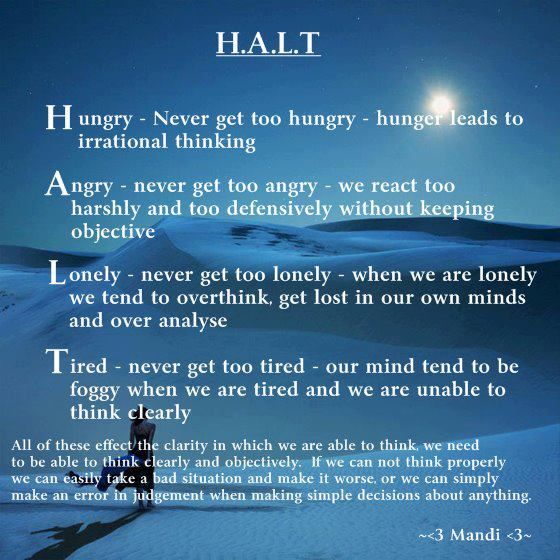
In a world of data overload, instant decision making, and reactions to rapidly changing society, it's no surprise that from time to time we're late to meetings, lose things, and feel drained as we catch up with the global pace. However, with the help of neuroscience, you can streamline your life. nine0009
Based on academic research and the stories of famous people, Daniel Levitin teaches how to structure the information flow and gives practical advice on how to organize your time and put things in order in your work and everyday life.
The book is a bucket of cold water against the dominance of "experts" around. After all, now everyone knows and advises how to run the country, reform the economy, treat diseases and eat right. No. The author of this book believes that this is a collapse of expertise caused by Google, based on Wikipedia and fueled by social networks. It also explains the difference between experts and ordinary people. nine0009
“First of all, even if your dentist doesn't pull your teeth the best in town, he does it better than you. Secondly, specialists make mistakes, but they are much less likely to make mistakes than the average person.
Secondly, specialists make mistakes, but they are much less likely to make mistakes than the average person.
A book from a man who manipulated public opinion for 20 years. But it is interesting that Oksana Moroz not only reveals the underside of the industry, she provides applied tools for life in the digital age, communication with loved ones, and household infohygiene.
The book helps to calm irrational fears and perceive life on the basis of facts. The author also describes well the recent fight against the Ebola virus in it. So distant then and so understandable now. nine0009
The book is an investigation and a reminder that any medical breakthroughs and innovations must be very carefully checked. The true story of how 22-year-old Elizabeth Holmes fooled all of America by convincing the rich and powerful that she had invented a revolutionary blood test system that would save the lives of thousands of people (just like daily discoveries of a coronavirus vaccine).
